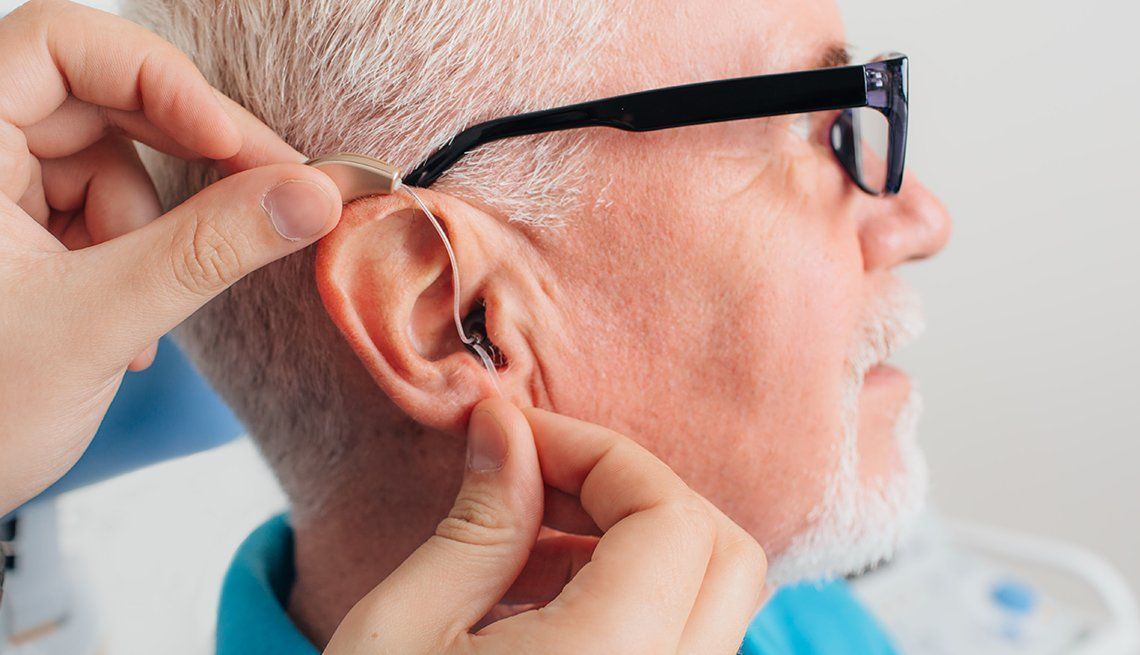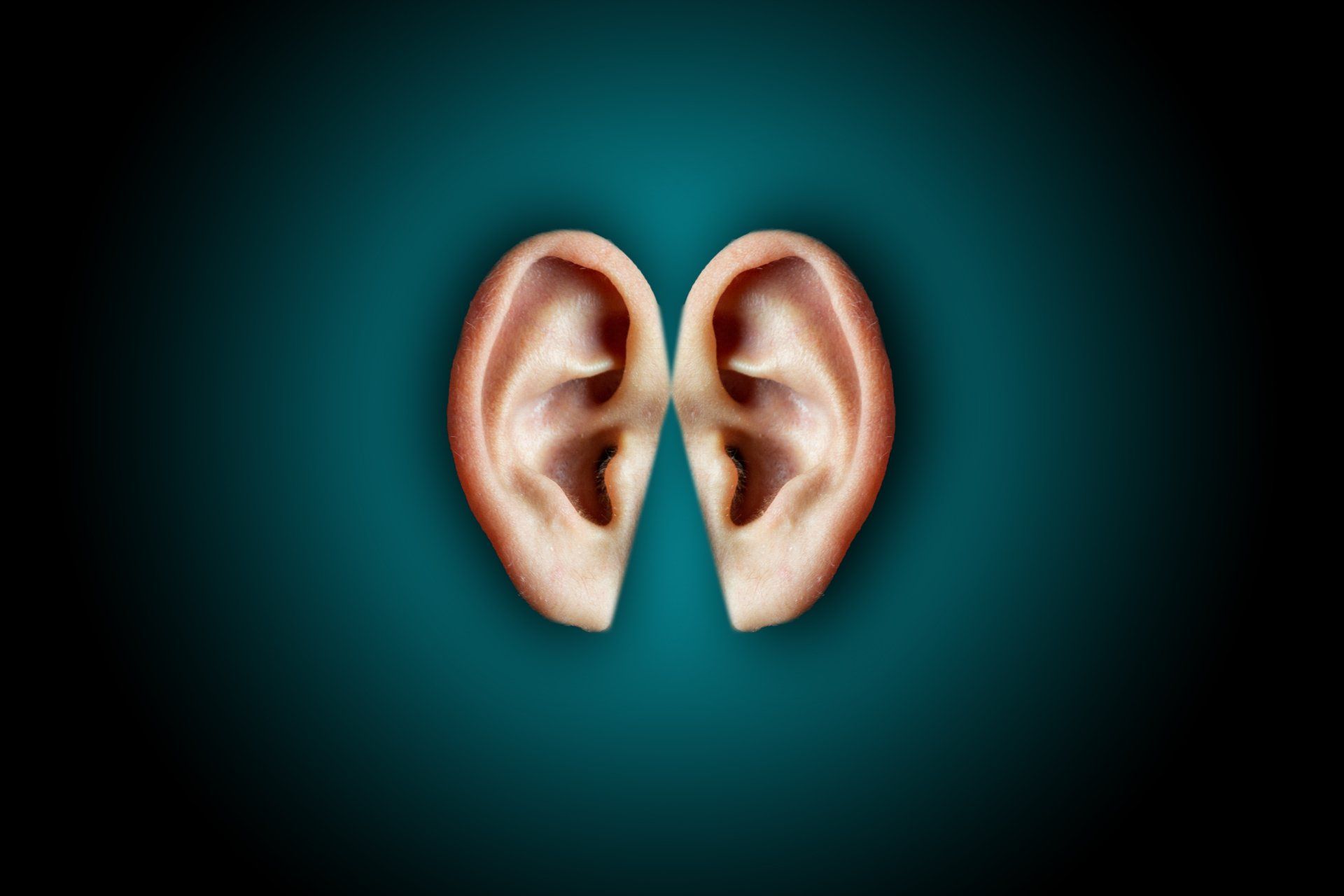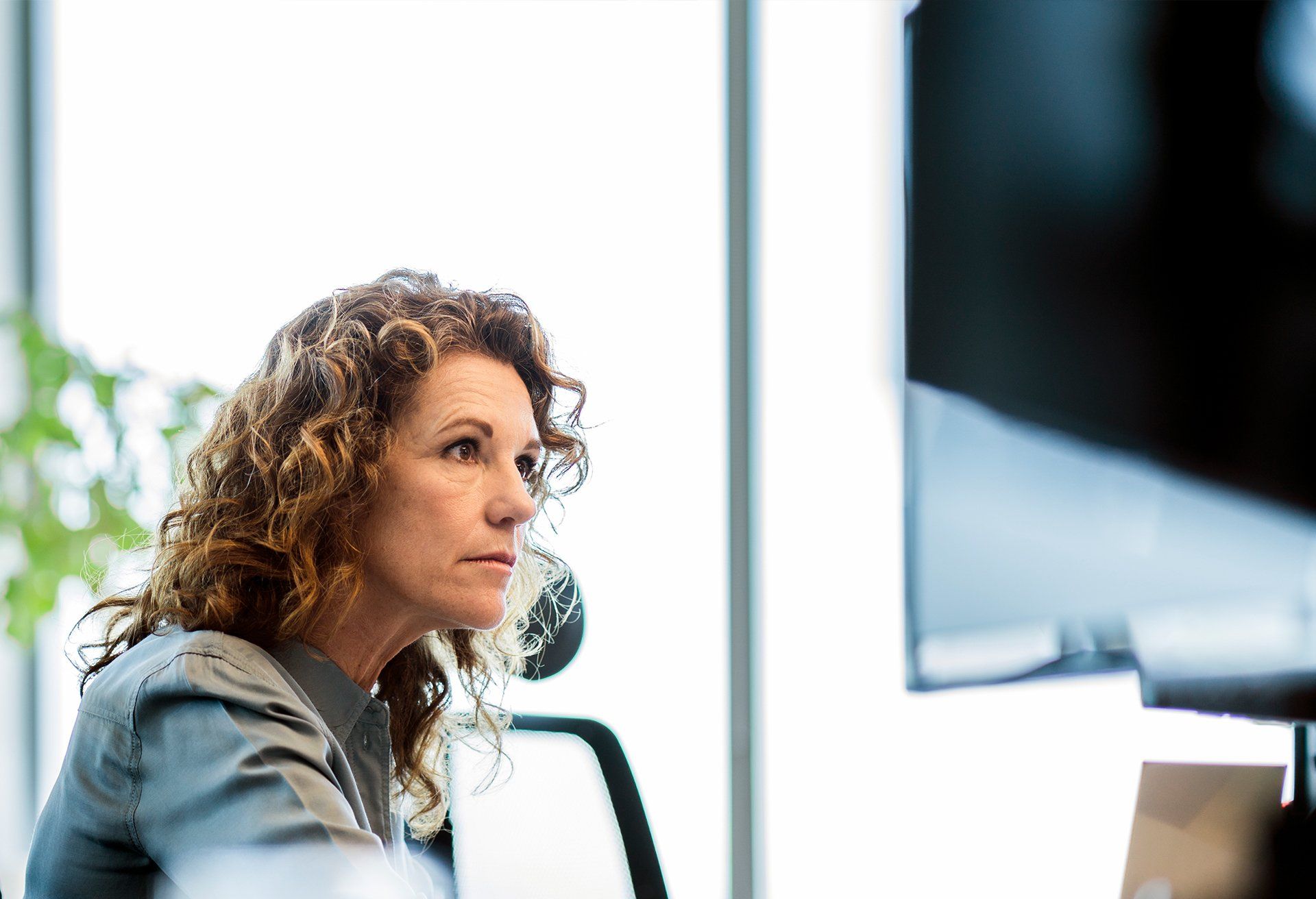What to expect at your first audiology examination
The primary goal for your first visit with an Audiologist should be to diagnose the hearing loss with an intent to consider the medical components of the loss. This will be accomplished through a series of tests designed to identify “site of lesion,” meaning where in the ear the loss is occurring, which in turn leads us to whether medical referral is necessary. A skilled audiologist can identify hearing losses that may be best treated medically or surgically and refer to ear, nose and throat (ENT) specialists (also called otolaryngologists). About 15-20% of hearing losses have the potential to be solved medically or surgically, without the use of hearing aids. Remember, in Alberta, an Audiologist carries the designation that allows direct referral to the ENT physician, whereas a Hearing Aid Practitioner cannot. You should know the difference. Hearing health care is a team effort between the Audiologist and Otolaryngologist much like vision/eye care is a team effort between Optometrists and Opthamologists, with similar roles and responsibilities.
If diagnosis of a hearing loss suggests that the hearing loss is permanent (sensorineural) and medical treatment is not possible, the discussion will turn to whether or not hearing aids can be expected to be helpful. As I tell each of my patients, the need for hearing aids is not a black and white judgement call based on the data collected in the examination. As I tell the students I teach, we treat a person, not a file. The question we have to answer is how the reported hearing loss is affecting that particular patient’s life, relationships and the people around them. For example, we could generally expect that a retired person who lives alone and has minimal social interaction has a different set of needs than the person who is still in a career, volunteering or socializing in situations where the communication demand is high and frequent. The decision to pursue hearing aids should be based on a thorough needs assessment on top of the exam, so the Audiologist has an accurate picture of how the patient needs to communicate, with whom and in what environment. When the needs assessment is complete, the Audiologist should have a clearer picture as to whether hearing aids are needed and if so, which ones.
At HearWell Audiology, the goal is to have a collaborative relationship between Dr. Towers and the patient to achieve the agreed upon goals. The goal of the process is to help that patient arrive at educated decisions. The decisions are ultimately up to you. Dr. Towers guides the process to ensure your decisions are based on best clinical practices, your personal experience, your expectations and your budget. It would be unfair for the Audiologist to control the patient’s wallet. Only you know the value of a dollar to you and your family. Dr. Towers aims to put your cost concerns or needs in perspective in a very concrete way so you can evaluate different levels of technology, different manufacturers or different styles. In the end, the Audiologist cannot ethically allow you to have something inappropriate for your hearing loss, but in most cases, there are dozens of options that can satisfy the needs assessment. Our process aims to help you arrive at the one that makes the most sense for you and your lifestyle. Most of this is accomplished through a lending/trial period that should be no less than one month but potentially even 2-3 months, where the intent is for you to learn and make decisions on how the technology functions for you in your life. This allows your decisions to be based on evidence, not someone else’s experience.
Recent Posts






